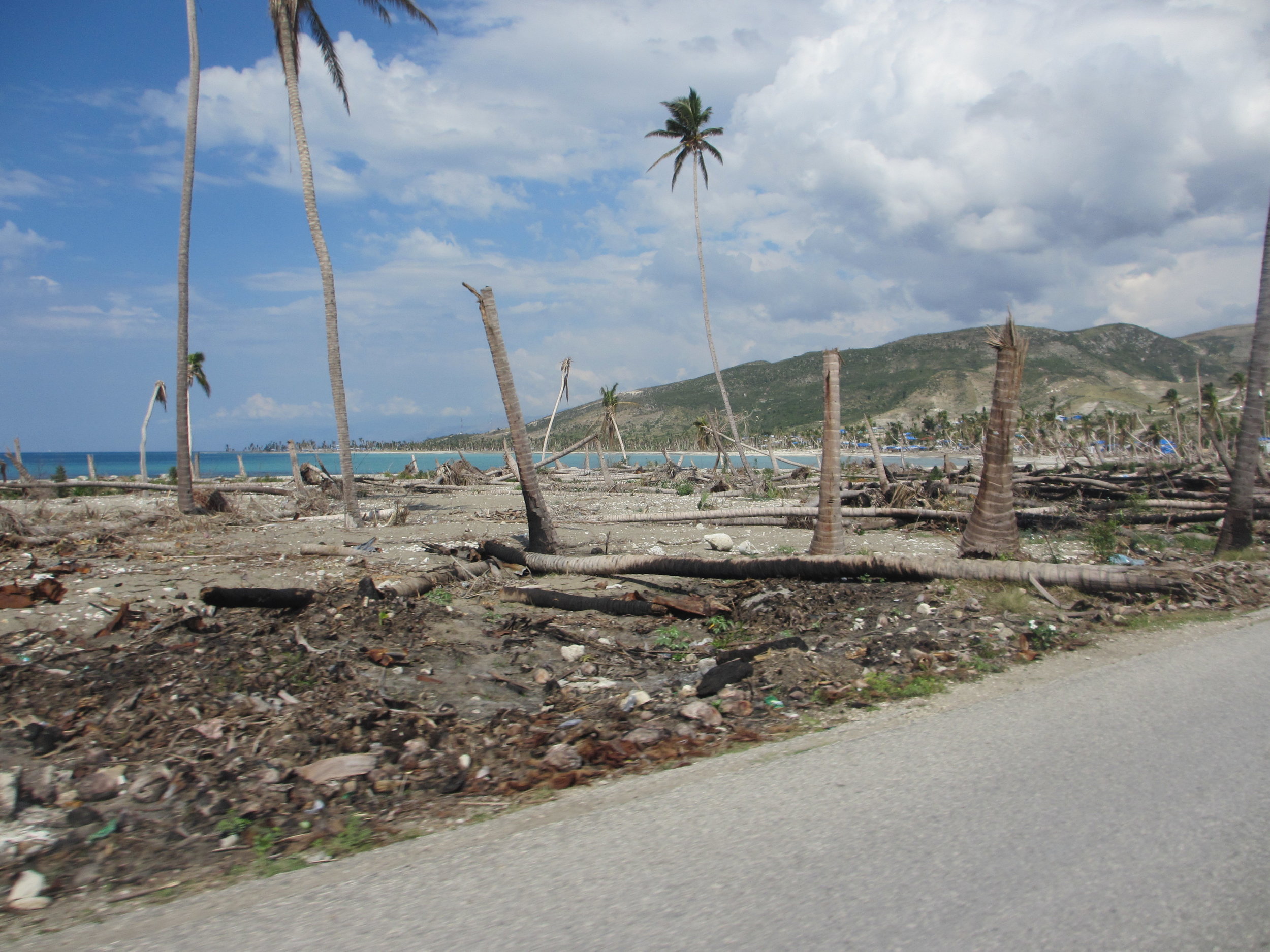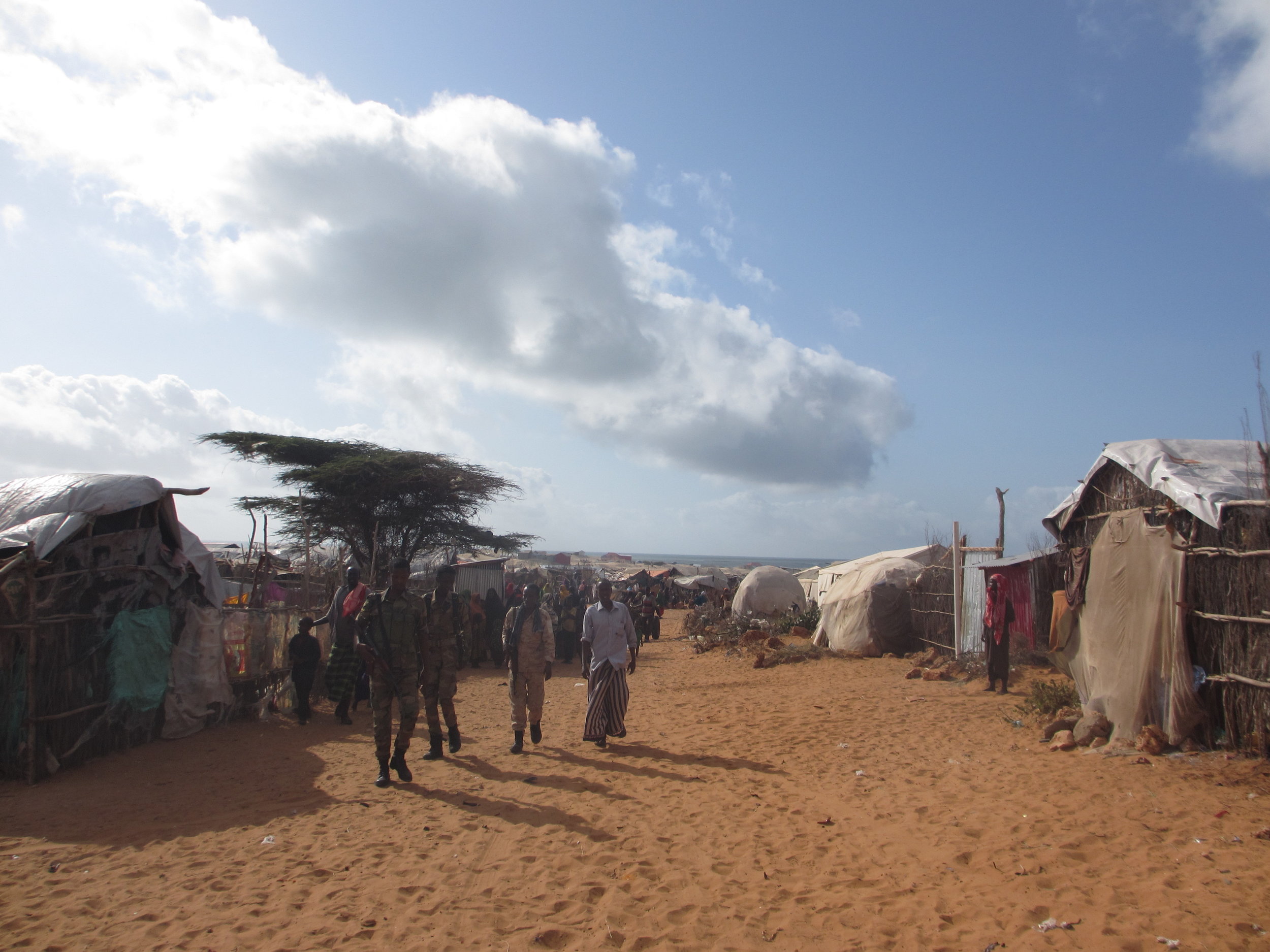On Earth Day 2018, Time for a Make-Over?

On April 22, 1970, 20 million people gathered in the streets of America to protest the industrial revolution, marking the first Earth Day and the advent of a global environmental movement. Since then, the United States and other countries across the globe have adopted vital international agreements and national laws and policies to better protect our planet and its precious and finite natural resources including our air, water, oceans, and forests.
“Does the iconic Earth Day need a make-over? Nearly a half century after the first Earth Day in 1970, the world faces a new threat that will have far more serious implications not just for the Earth but for human beings as well: climate change.”
Nearly a half century later, the world faces a new threat that will have far more serious implications not just for the Earth but for human beings as well: climate change. This leaves me to wonder: does the iconic Earth Day need a make-over?

As the impacts of climate change worsen, they will increasingly affect human beings in profound and myriad ways: our societies, cultures, health, well-being, economic and development pathways, and international relations. What’s most disturbing is that the people who will be harmed the most by the changing climate are least responsible for the problem. As we are already witnessing from Alaska to Somalia to Tuvalu, climate change adverse effects including rising temperatures, more frequent and intense floods and droughts, coastal erosion, and sea level rise are undermining livelihoods and uprooting the world’s most vulnerable people who rely on natural resources to survive and who have contributed little to nothing to global greenhouse gas emissions.
International efforts to address climate change have progressed, most notably in 2016 with the adoption of the Paris Climate Agreement. But governments are still failing to achieve sufficient progress to limit global temperature rise to the level necessary to avert the worst impacts of climate change. From more severe weather-related disasters to growing food insecurity to forced displacement, these changes are having wide-ranging implications for human kind and life as we know it.
We need to reframe Earth Day by raising public awareness and provoking more ambitious action to address the impacts of climate change not just on our one and only planet but on human beings as well. “Earth and Human Wellbeing Day”? “Earth Our Only Home Day”? “No Planet B Day”? All are terrible suggestions, I admit, but I hope that someone will come up with a catchier, more eloquent title.

More to the task, we must urge government leaders and the private sector to act more ambitiously to mitigate climate pollution and more generously support climate finance. But we must also challenge ourselves to think more creatively and reach out across sectors and silos to develop transformational solutions. The environmental, humanitarian, and development communities need to work more closely to address the human costs of climate change. At the local level, we must cooperate to support and empower vulnerable communities to confront climate change impacts through reducing disaster risk and building resilience. At the national and international levels, governments must cooperate to adopt laws and policies to avert, minimize, and address forced migration from climate change. The ongoing international negotiations for UN global compacts for refugees and safe, orderly, and regular migration, as well as the work of the UN Framework Convention on Climate Change task force on climate displace, present critical opportunities to ensure that climate change impacts on displacement and migration are addressed and vulnerable persons are protected and supported.
But these windows of opportunity are fast closing. Now, more than ever, is the critical time to defend our planet and only home from the future, irreversible impacts of climate change which will be felt by our children and generations to come. Until we act on that, for me, Earth Day will feel to me more like a last rite than a celebration.